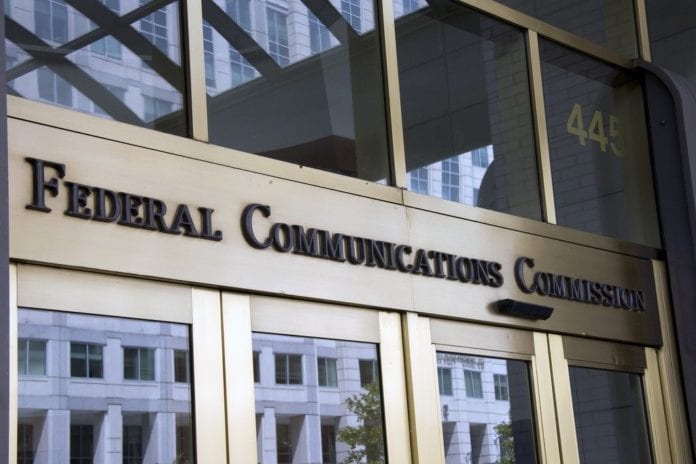As carriers push for more mid-band, FCC to take it up at July meeting
While the U.S. Federal Communications Commission has pushed to open up millimeter wave frequencies for 5G deployments, the same level of focus hasn’t been placed on mid-band spectrum, which will be key for wider-area coverage. When the regulatory body meets next month, the future of the 2.5 GHz band will be up for discussion.
According to materials for the July 10 meeting, the FCC will discuss changes to the regulatory framework that governs spectrum from 2496-2698 MHz, the largest continuous swath of spectrum below 3 GHz. The goal is to make the spectrum available for competitive bidding on a county-by-county basis in block sizes of 100 megahertz and 16.5 megahertz.
FCC Chairman Ajit Pai, in a recent blog post, said opening up mid-band spectrum is a continuation of the 5G FAST (Facilitating America’s Superiority in 5G Technology) plan. Recent and upcoming millimeter wave spectrum auctions were part of the FAST plan and the next step is moving on 2.5 GHz.
“We’re going to put more of this critical mid-band spectrum to work for the American people,” Pai wrote, calling current regulatory framework “outdated. The new framework will not only give incumbent users more flexibility in how they use the spectrum, but also provide opportunities for Tribal Nations and others to obtain access to unused 2.5 GHz spectrum. Making this valuable mid-band spectrum available for new mobile services will allow for more efficient and effective use of these airwaves and will advanced U.S. leadership in 5G.”
Last week Verizon CEO Hans Vestberg and William Johnson, SVP of federal regulatory and legal affairs, met with Pai to discuss another bit of mid-band spectrum from 3.7 GHz to 4.2 GHz.
According to a notice of ex parte communication, “We noted that millimeter wave spectrum – the backbone of our current 5G offerings – is performing well and will be an important component of 5G in the United States and internationally. We reiterated that prompt access to midband spectrum is now critical to achieving the full promise of 5G, including more widespread 5G deployment and the full range of advanced capabilities made possible by 5G. Specifically, we encouraged the Commission to move forward quickly to make spectrum in the 3.7 to 4.2 GHz band available and to get a portion of this currently underutilized spectrum in the hands of 5G providers who stand ready to deploy.”
Vestberg has lately discussed dynamic spectrum sharing as a key piece of Verizon’s long-term 5G spectrum strategy and brought up again this week at an analyst meeting in response to a question about mid-band plans.
“We want to create optionality for that spectrum as one of the [options] we have as we look forward on our migration,” he said.

